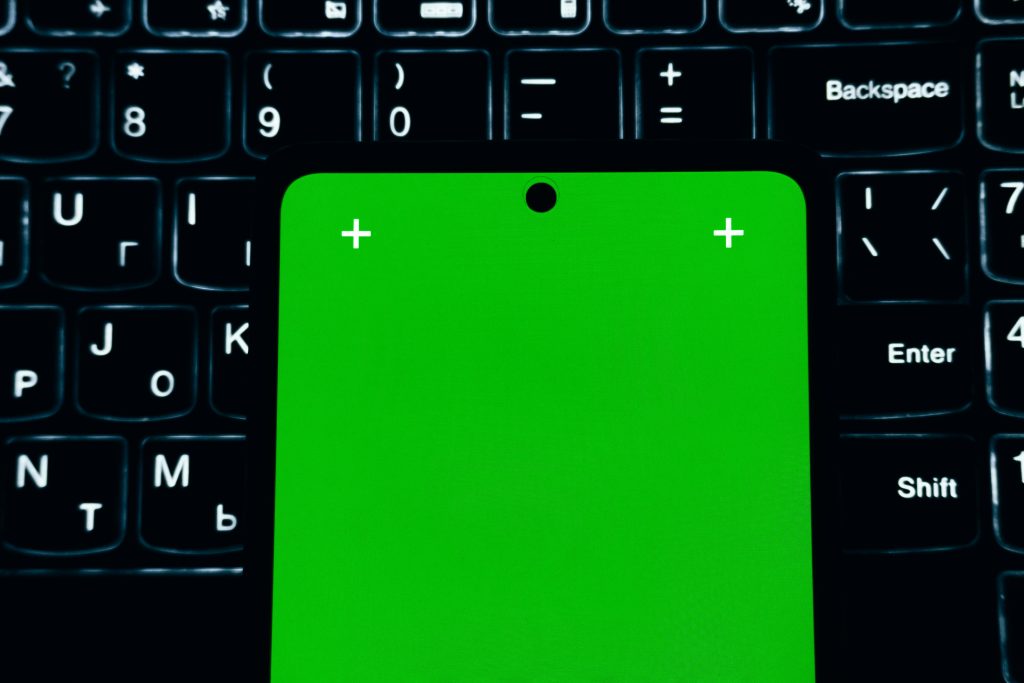Safe and Responsible Ways to Recycle a Non-Functional Laptop
If you’re looking to responsibly dispose of a laptop that no longer powers on, you’re not alone. Electronic waste is a growing concern, and recycling your device correctly helps protect the environment while safeguarding your personal data. Here’s a comprehensive guide to help you navigate this process safely and effectively.
Understanding the Challenges
Many individuals face the dilemma of wanting to discard an old or damaged laptop without compromising sensitive information. In your case, the device cannot be turned on due to missing accessories, such as the charger, and it still contains personal data like passwords and files, making data security a top priority.
Steps to Safely Recycle a Non-Functional Laptop
- Avoid Personal Data Risks
Before recycling, it’s essential to ensure your personal information is secure. Since the laptop cannot be powered on, traditional methods like deleting files or performing factory resets are not feasible.
-
Data Sanitization Options
-
Physically Remove Storage Devices: If possible, carefully remove the hard drive or SSD from the laptop. This component contains the majority of user data. Use appropriate tools and precautions to avoid damage.
- Data Destruction Methods: Once removed, consider physically destroying the storage device. This can involve dismantling or shredding the drive to prevent data recovery.
-
Professional Data Destruction Services: Many electronics recyclers and data destruction companies offer secure destruction services. They provide certificates of data destruction and ensure your data is irretrievable.
-
Recycling Options
-
Authorized E-Waste Recycling Facilities: Many municipalities partner with certified e-waste recyclers. These facilities safely dismantle and recycle electronic components.
- Retailer Recycling Programs: Retailers like Best Buy often accept old electronics for recycling. Verify whether they accept non-working laptops and understand their data security policies.
-
Manufacturer Take-Back Programs: Some laptop manufacturers have dedicated recycling programs, often including data sanitation services.
-
Preparing Your Laptop for Recycling
-
Disconnect Power Sources: Remove the battery if possible.
- Remove External Accessories: Ensure all peripherals and external drives are disconnected.
- Data Removal: As mentioned, the safest route is removing storage and destroying it independently.
Additional Tips
- Locate the Correct Disposal Site: Check local regulations and find certified e-waste recycling centers in your area.
- Ask About Data Security: Confirm that
Share this content:



